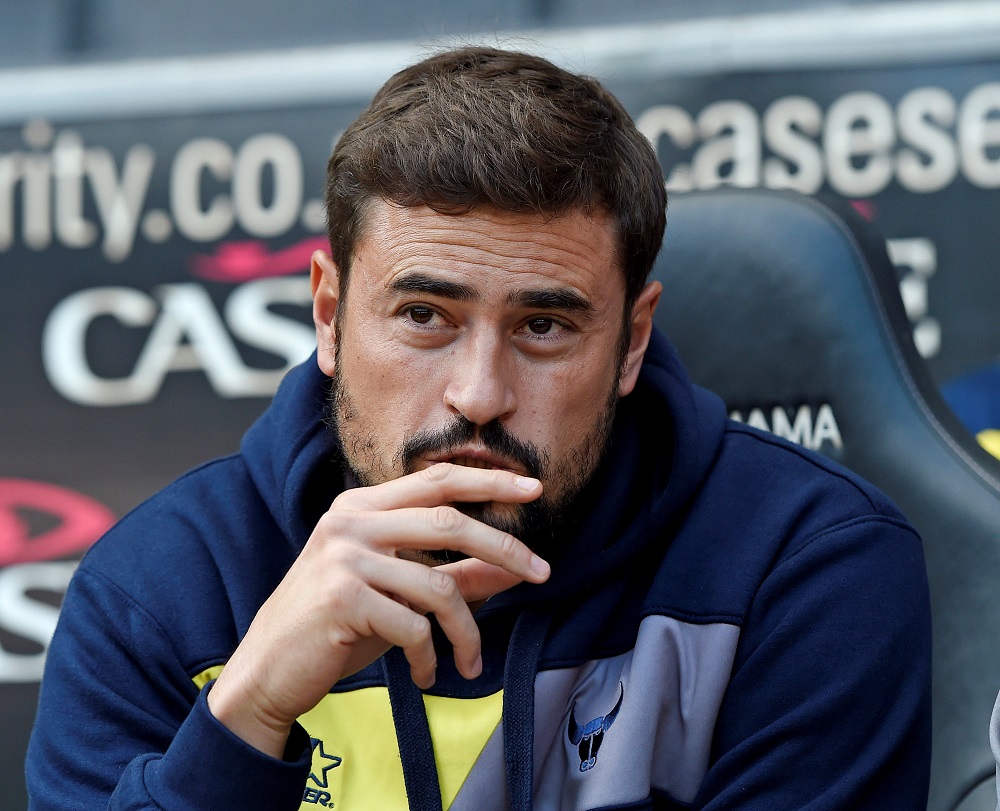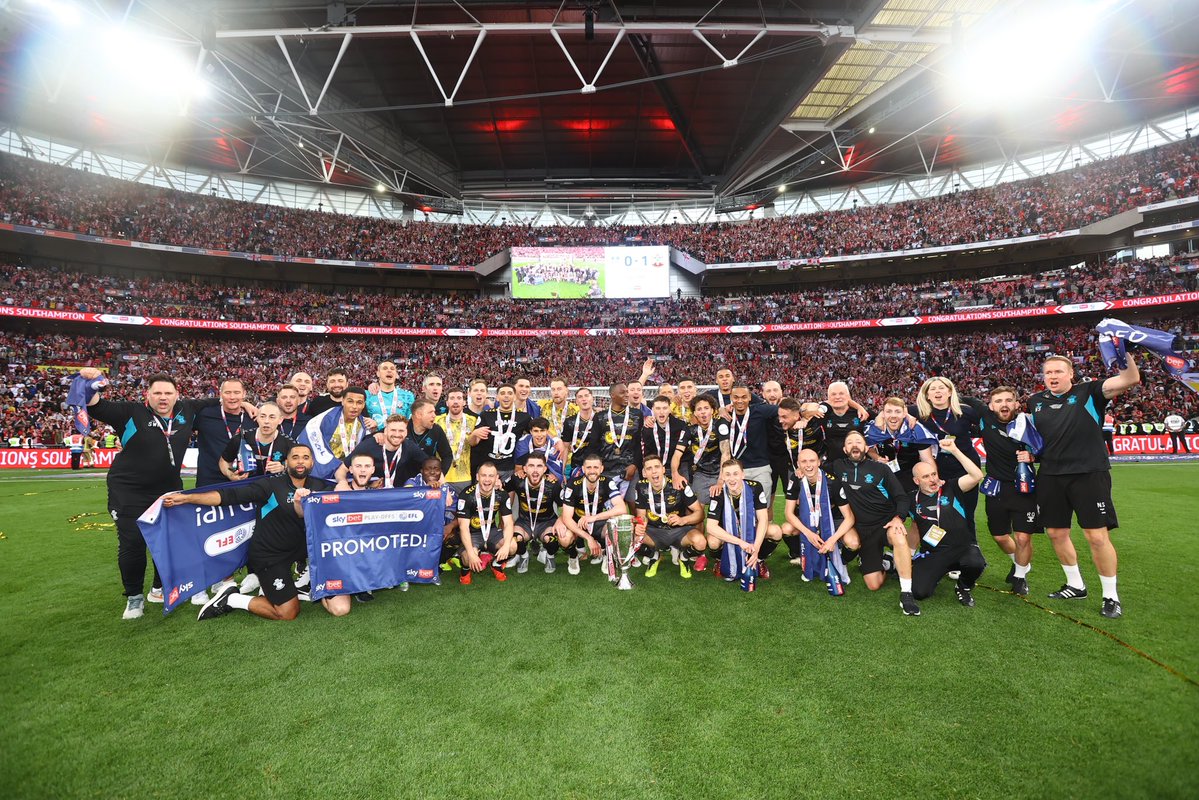
PEP Clotet once spent months trying to arrange an audience with Marcelo Bielsa, the legendary coach so beloved of Pep Guardiola.
Finally, the day came. The pair watched a game, Clotet excitedly offering his observations. The old Argentine listened for a few moments, then waved a hand. “Come back,” he said, “when you have analysed 10,000 matches.”
For the new Oxford United manager, it must have been a humiliating blow. Yet no advice would ever prove as profound.
Clotet was already a football obsessive. According to Michael Calvin, in his book Living On The Volcano, the Spaniard attended 160 training sessions during Louis Van Gaal’s spell at Barcelona, purely to learn how the Dutchman used a free man.
Stung by Bielsa’s barb, those efforts redoubled. Conferences, seminars, coaching manuals. Matches reduced to minutiae, phases of play forensically studied. From Spain to Sweden, Norway to Swansea, the pursuit of perfection never ceased.
An average amateur player in Spain’s lower reaches, Clotet always suspected that coaching offered his only chance of a career in the game. A serious injury at 19 removed all doubt.
By 20, he was coaching children for local side, Cornella. By 26, he had a UEFA Pro Licence and was coaching Espanyol’s Under-17s. By 29, he’d already earned – and lost – his first managerial post. If those early years were about seeking a philosophy, Clotet didn’t have to look far. An avid Barcelona fan, he devoured the teachings of Johan Cruyff, and later Pep Guardiola. By 2010, he’d also studied in France, Germany and the Netherlands.
What Clotet needed was a stage to test those ideas unburdened by a pressure to get results. It duly arrived in the shape of Swedish side Malmo and a post as assistant to former Sheffield Wednesday defender Roland Nilsson. The pair were fire and ice.
“Rolle was calm and detached,” said Malmo skipper Daniel Andersson. “Pep had this great radiance, a charisma. He was more temperamental and showed his feelings.
Winger Jiloan Hamad was less diplomatic. “He used to hand out rebukes left and right,” said the 26-year-old. “But it was always thought out. If he thought we were too complacent in a certain exercise, he screamed at us. He was very unpredictable, but it kept you listening.”
Most memorable of all, however, were the ideas, the details, the style. Malmo dominated the Allsvenskan, passing and possessing their way to only a second title in 21 years.
Tiki-taka was encouraged by dividing the pitch into tiny squares, so congested that no player could move without touching an opponent. Like Guardiola, Clotet encouraged total discipline in the first two thirds, total freedom thereafter.
“That year, Malmo played football like no other team had played before in Sweden,” said midfielder Ivo Pekalski. “Rolle had great leadership but Pep’s ideas – that philosophy of how to play football – took us to another level. They complemented each other perfectly.”
Agon Mehmeti was a striker in that side. “Pep was tough and crazy sometimes,” he said. “But he was bursting with new ideas. As an attacker, he gave you so much free creativity. ”
In Sweden, Clotet was seen as a visionary. Typically eager to expand his horizons, he accepted an offer to become head coach at Halmstads. The four-times champions finished last and were relegated for the first time in 19 years.
“I regret that I left,” he said later. “I felt I had to take the chance to grow. But I was too young and did not realise how many years I had before me. I would have been happier if I had stayed.”
Perhaps that is why, four years later, Clotet rejected Brentford to remain by the side of Swansea boss Garry Monk.
Clotet had arrived in South Wales in 2013. Keen to adopt the German model of a single system through every age group, chairman Huw Jenkins had asked contacts in Spain for a coach who could implement his vision.
Clotet, who by then had worked under Manuel Pellegrini at Malaga and developed pro-licence courses for the Catalonian Federation, was the name that bounced back. The role wouldn’t last long.
When Monk was appointed in May 2014, he asked Clotet to be his No.2.
The two young coaches bounced ideas back and forth, spending hours at each others’ homes. Both were perfectionists, workaholics.
With greater finances, Clotet could indulge his obsession with data, flying drones over training sessions to capture every angle.
During matches, Clotet would sit in the stands, dividing matches into five-minute segments and analysing them to spot developing trends or threats. Monk, on the touchline, was in constant contact.
When the pair were sacked – just weeks after Clotet spurned Brentford – they re-watched every single game, determined to identify mistakes. Reunited at Leeds last season, the duo very nearly led the Whites to an unexpected play-off berth.
Now, he is again striking out on his own and, as Hamad says, “He had an infectious belief in us. Even if we met Real Madrid, he said we should win and we believed him. For a manager, it is a good combination.”













